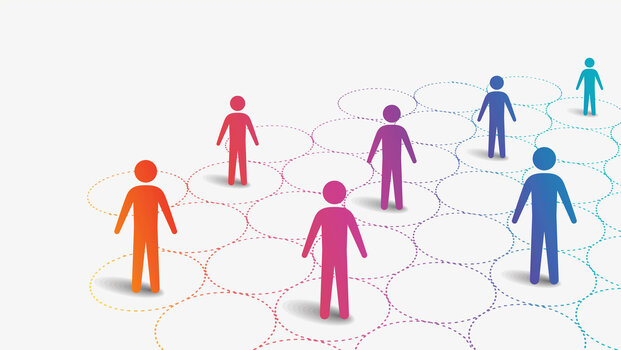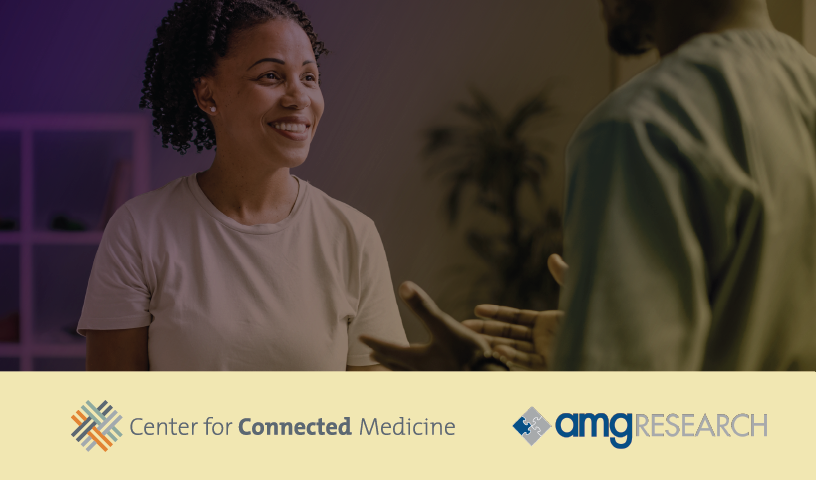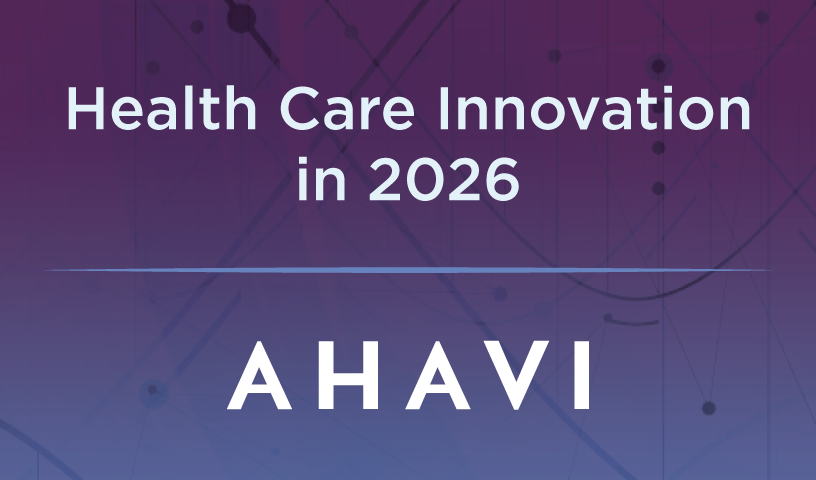
Lack of human contact a risk factor for anxiety and depression
The COVID-19 pandemic and the actions taken to curtail its spread have normalized social isolation for millions across the globe.
A lack of human interaction, while critical to preventing further spread of the virus, poses its own significant health consequences. Growing isolation also highlights the recognition of the role social determinants of health (SDoH) play in the overall well-being of the population.
SDoH are factors often outside the control of the traditional health care system, such as the amount of social interaction and living and working conditions. To learn more about SDOH read our blog post.
Research shows that consistent, quality human contact is good for our health. A pre-pandemic Cigna report shows that 88 percent of Americans who shared daily and meaningful interactions with others reported good health. In the same report, just 50 percent of the population reported experiencing those daily exchanges, a number that has assuredly grown since March. Those lacking human contact are at risk of developing feelings of loneliness, anxiety, stress, and depression. The psychological toll of prolonged isolation is contributing to a growing national mental health crisis: nearly one-third of Americans are showing signs of clinical anxiety or depression.
With mental health suffering nationwide, providers have worked to protect patient access to clinical resources. Providers of all levels have participated in a widespread adoption of telemedicine, which has proven to be an effective model for mental health consultation. Innovative solutions from health care technology companies such as Xealth and Abridge have played a key role in helping providers deploy and refine telemedicine behavioral health solutions that can effectively treat the flood of new virtual patients.
Although mental health consultations are an option for some isolated individuals, depression diagnosis efforts suffer from a clinical reliance on self-reporting: historically, less than half of individuals needing care end up getting it. This, coupled with the considerable extent of socially isolated individuals, indicates a vast number of cases could be going undetected.
The Pittsburgh Health Data Alliance’s multimodal biomarkers project is a promising example of solution-based research efforts working to address undetected mental health issues. The Alliance was formed by UPMC, University of Pittsburgh, and Carnegie Mellon University to turn data into better human health. The goal of its multimodal biomarkers project is to develop sensing technologies that can measure subtle, depressive changes in an individual’s behavior that providers can use as a screening tool to diagnose depression in a more objective manner than patient self-reporting.
While health care leaders like UPMC continue to research and develop new solutions, individuals experiencing isolation can look to standard health guidelines to diminish its impact. Getting the proper amount of sleep and regular exercise can provide mood boosts and add structure to daily routines, as can keeping in contact with friends and loved ones through video chats and other mobile communications. A 2018 study by Teo found that video chatting was more effective than email, social media, and instant messaging in lowering the risk of depression in older adults.
Individuals struggling with isolation can explore therapy as a means of connecting with others and learning coping skills. The Beating the Blues US program is available through UPMC Health Plan and is an example of Cognitive Behavioral Therapy (CBT) that’s designed to help individuals overcome depression.
If you are experiencing a mental health crisis or are in need of immediate treatment, please call 911 or SAMHSA’s 24-hour National Helpline – 1-800-662-HELP (4357).


